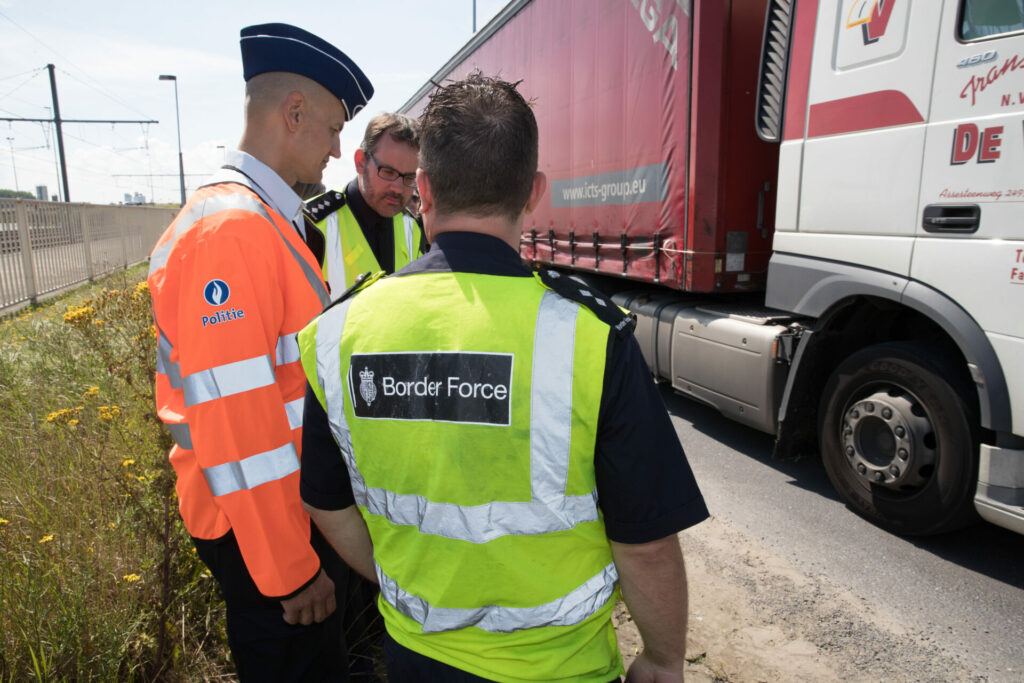Despite the 2019 tragedy that saw 39 Vietnamese people lose their lives in the back of a lorry, human trafficking of Vietnamese people to and across Europe continues, with victims facing exploitation, including in Belgium, where most work illegally, in nail salons or restaurants.
The challenging situation Vietnamese victims of human smuggling and trafficking find themselves in was highlighted in "Bound by Guilt," the latest annual evaluation report of Myria, the Belgian Federal Migration Centre, which analyses migration and combats these phenomena. This year's edition focused on Vietnamese victims and how they are entangled in a web of debt.
"In 2019, the bodies of 39 Vietnamese people, including two children, were found in a refrigerated truck. All died due to overheating and lack of oxygen in the container," the report read, referring to the so-called "Essex tragedy" that involved several human trafficking victims that were housed in Brussels before being transported from Belgium to the United Kingdom, which is usually the final destination.
The report added that people are still being recruited with false promises of employment, but instead face life-threatening conditions and have to work in exploitative conditions en route to the UK, including in Belgium, and revealed staggering details about the industry in Europe, with witnesses saying that after the Essex tragedy, smugglers further inflated the price to smuggle them.
Web of debt
Myria stressed that the phenomenon of debt bondage — meaning that on arrival, victims have to pay off their smuggling debts to traffickers — is still on the rise. This also renders victims "very vulnerable and in a position of strong dependence on their exploiters."
The first half of the report specifically focuses on the smuggling and trafficking of Vietnamese people through two specific cases: the Brussels smuggling circles in 2012-2013 and the Belgian side of the Essex file, which is based on the two Belgium-based safehouses from which many victims of the deadly smuggling tragedy left.
In one testimony, one of the victims in Belgium, who left Vietnam in search of an income for his family, highlighted how the smuggled person, by accumulating debts for their journey combined with high-interest rates, is at risk of remaining under the control of the smugglers, as he said he "absolutely had to work to pay off his debts and that he feared reprisals against his family in Vietnam."
Related News
- Police dismantle international cocaine ‘super-cartel’
- Belgium must improve support given to human trafficking victims, experts say
Myria noted that breaking free from the "web of debt" is no easy task, as Vietnamese victims are vulnerable and highly dependent on their exploiters, and few of them present themselves as victims to specialised reception centres for help and shelter on their own accord.
"It is therefore important that front-line services are sensitised around this and have the necessary resources to conduct an investigation and intervene," Myria noted in its report, calling for continued training of frontline services with special attention given to the cultural context of Vietnamese, and to treat these illegally employed people as presumed victims of human trafficking, and not as criminals.

